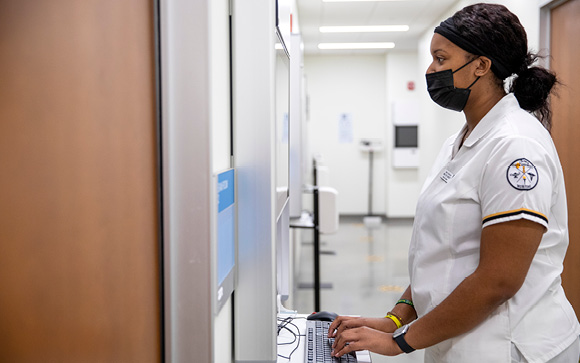In recent years, college attendance costs have dramatically risen, wages have declined and college graduates have struggled to find jobs. Despite the seemingly bleak outlook, the value of a college degree holds true. Obtaining a bachelor’s degree or an associate’s degree has shown to outweigh the costs and outlook, with both degrees earning a 15% ROI over the past decade. Obtaining an advanced degree increases the percentage.
Education and earnings go hand in hand in complex and unexpected ways. A college degree has proven to be key to economic opportunity. Those who have college degrees tend to earn higher lifetime average earnings than their non-degree holding peers.
A recent report by the Federal Reserve Board of San Francisco concluded:
The college graduate will earn $830,000 more than the high school graduate.

By 2020, 65 percent of jobs in the nation will require post-secondary education. Over the course of the next five years, there will be 55 million job openings, this equates to 35,750,000 jobs that will require post-secondary education, leaving only 19,250,000 openings for those with a high school degree or less.
By 2020, Eleven percent of job openings will require a master’s degree or better. Thirty five percent of the job openings will require a minimum of a bachelor’s degree. Thirty percent will require some college or an associate’s degree while thirty six percent will not require a high school diploma or less.
At the current production rate in higher education, The U.S. will fall 5 million short of the workers with post-secondary credentials needed by 2020.
According to a recent study by the Economic Policy Institute in Washington, the earnings gap between college graduates and everyone else set a record high. Americans with four-year degrees earned 98% more an hour on average in 2013 than people without a degree. Six years ago, that number was at 89%. The gap has steadily increased over the past 35 years (85% in 2003 & 64% in the early 1980s).
Head over to EDSmart.org to read more.
Like HBCU Buzz on Facebook. Follow us on Twitter.



